Home>Articles>How Long Can You Put A Glass Bottle In The Freezer


Articles
How Long Can You Put A Glass Bottle In The Freezer
Modified: October 20, 2024
Discover how long you can safely freeze glass bottles in this helpful article. Find out tips and guidelines for freezing glass containers.
(Many of the links in this article redirect to a specific reviewed product. Your purchase of these products through affiliate links helps to generate commission for Storables.com, at no extra cost. Learn more)
Introduction
Freezing glass bottles can be a convenient way to preserve beverages, store food, or chill liquids for later use. Glass is known for its durability and non-reactive properties, making it a popular choice for storing various items. However, there are certain factors to consider before freezing glass bottles, such as the type of glass and the contents inside.
In this article, we will delve into the topic of freezing glass bottles and explore how long it is safe to keep them in the freezer. We will also provide tips to ensure the freezing process is successful and discuss potential risks associated with freezing glass bottles. By the end, you will have a thorough understanding of freezing glass bottles and the best practices to follow.
Key Takeaways:
- Freezing glass bottles is safe for short-term storage or up to a month, but long-term freezing can weaken the glass, leading to breakage. Always use freezer-safe bottles and leave room for expansion to minimize risks.
- To safely freeze glass bottles, choose freezer-safe bottles, leave room for expansion, seal tightly, and handle with care. Follow recommended freezing times and inspect for damage before use to ensure safety and quality.
Factors to Consider Before Freezing Glass Bottles
Before you reach for that glass bottle and toss it in the freezer, there are several important factors to consider. By taking these into account, you can ensure a successful freezing process and minimize the risk of any unpleasant surprises.
1. Type of Glass: Not all glass bottles are created equal, and some may be more prone to thermal shock when exposed to extreme temperature changes. It is essential to check if your glass bottle is freezer-safe to avoid any potential breakage or shattering. Look for bottles with labels or markings indicating they are suitable for freezer use.
2. Glass Thickness: Thicker glass is generally more resistant to thermal shock than thin glass. Consider the thickness of the glass bottle you intend to freeze. Thicker glass bottles are better equipped to withstand the extreme temperatures of the freezer.
3. Closure Type: Pay attention to the closure type of the glass bottle. Some closures, such as metal caps or plastic tops, may not be freezer-safe. These materials can warp or become brittle when exposed to low temperatures, compromising the seal and potentially causing leakage or contamination.
4. Contents of the Bottle: The type of liquid or food stored in the glass bottle can also affect its freezing capabilities. Carbonated beverages, for example, have a higher risk of expansion when frozen, which can lead to the bottle bursting. Similarly, liquids with high sugar or alcohol content may expand and could potentially cause the bottle to crack or break.
5. Fill Level: Avoid filling the glass bottle to its maximum capacity before freezing. Liquids expand when frozen, and if the bottle is completely filled, it may burst or cause the cap to pop off under pressure. Leave some room at the top, typically around 10-15% of the bottle’s volume, to allow for expansion without any issues.
6. Gradual Temperature Changes: Glass is vulnerable to abrupt temperature changes, so it is crucial to allow for gradual transitions. Before placing a glass bottle in the freezer, let it cool down naturally to room temperature. Similarly, when removing a frozen glass bottle from the freezer, allow it to thaw gradually in the refrigerator rather than exposing it to room temperature immediately.
By considering these factors, you can ensure a safe and successful freezing experience with your glass bottles. It is always better to take precautions and avoid any potential mishaps that could lead to broken glass or spoiled contents.
Freezing Glass Bottles: How Long is Safe?
When it comes to freezing glass bottles, the duration for which it is safe to keep them in the freezer will vary depending on various factors. It is important to understand that while glass is generally capable of withstanding freezing temperatures, there are limits to how long it can remain in the freezer without potential consequences.
In general, freezing glass bottles for extended periods can affect the integrity of the bottle and its contents. Over time, prolonged exposure to freezing temperatures can cause stress on the glass, leading to cracks, breakage, or even complete shattering. Therefore, it is recommended to follow the guidelines below to ensure the safety and quality of your glass bottles:
- Short-term Storage: For short-term storage, such as chilling beverages for a few hours or overnight, glass bottles can be safely placed in the freezer. This can help to quickly cool down the contents and retain the freshness of the liquids without significant risks.
- Up to a Month: If you need to freeze glass bottles for up to a month, it is generally considered safe. However, it is essential to take precautions to minimize the risk of breakage or damage. Ensure the bottles are freezer-safe, leave enough headspace for expansion, and handle them with care to avoid sudden temperature changes.
- Long-term Storage: For long-term storage, exceeding a month, it is advisable to reconsider freezing glass bottles. Extended freezing can weaken the glass and increase the chances of breakage. It is best to find alternative storage containers that are specifically designed for freezing, such as plastic or BPA-free containers.
It is worth noting that the specific limitations on freezing glass bottles may vary depending on the quality and thickness of the glass, as well as the conditions in which they are stored. Always check the manufacturer’s recommendations and guidelines on the bottle or packaging to ensure safe freezing practices.
Remember, the goal of freezing is to safely store and preserve the contents of the bottle, so it is crucial to exercise caution and use common sense. If you notice any signs of damage, cracks, or compromised seals, it is best to discard the bottle to avoid any potential risks to your health and safety.
By understanding the limitations and taking necessary precautions, you can safely freeze glass bottles for the appropriate duration while maintaining the quality of the contents and minimizing the risk of breakage.
It is generally safe to put a glass bottle in the freezer, but it’s important to leave some room for the liquid to expand as it freezes to avoid breakage. Avoid extreme temperature changes to prevent cracking.
Tips for Freezing Glass Bottles
Freezing glass bottles can be done successfully with proper preparation and care. To ensure the best results and minimize the risk of damage, here are some helpful tips to keep in mind:
- Choose Freezer-Safe Bottles: Use glass bottles that are specifically labeled as freezer-safe. These bottles are designed to withstand low temperatures without the risk of cracking or breaking. Check the packaging or the manufacturer’s instructions for this information.
- Leave Room for Expansion: When filling the glass bottles, leave some headspace to allow for expansion as the liquid freezes. A general rule is to leave about 10-15% of empty space at the top of the bottle to accommodate the expansion without causing any damage.
- Cap or Seal Securely: Ensure that the caps or lids of the glass bottles are tightly sealed to prevent any air or moisture from entering. This will help maintain the quality of the contents and prevent freezer burn.
- Cool Down Gradually: Prior to freezing, let the glass bottles cool down naturally to room temperature. Sudden temperature changes can cause stress on the glass and increase the risk of breakage. Placing hot bottles directly into the freezer should be avoided.
- Keep Bottles Upright: Store the glass bottles in an upright position to prevent any potential leaks or spills. This will also help distribute the liquid evenly inside the bottle during freezing and avoid any pressure build-up.
- Label and Date: To avoid confusion and keep track of the contents, label each glass bottle with the contents and the date of freezing. This will help you easily identify them when you need to retrieve them from the freezer.
- Thaw Slowly: When it’s time to use the frozen glass bottle, allow it to thaw gradually in the refrigerator. This will prevent sudden temperature changes that could cause the glass to crack. Avoid using hot water to thaw the bottle, as this can increase the risk of breakage.
- Inspect Before Use: Always inspect the glass bottle for any signs of damage or cracks before using. If you notice any signs of breakage, it is safer to discard the bottle rather than risk using it.
By following these tips, you can ensure a successful freezing experience with your glass bottles and maintain the quality of both the container and its contents. Proper preparation and care go a long way in preserving the integrity of the glass and preventing any potential mishaps. So, be mindful and take the necessary precautions for a hassle-free freezing process.
Potential Risks of Freezing Glass Bottles
While freezing glass bottles can be a convenient way to store and preserve liquids, it is important to be aware of the potential risks associated with this process. Understanding these risks can help you take the necessary precautions and prevent any mishaps. Here are some potential risks to consider:
- Breakage or Shattering: Glass is vulnerable to thermal shock, which can occur when it is exposed to extreme temperature changes. Rapid cooling or thawing of frozen glass bottles can cause stress on the glass, leading to cracks, breakage, or even shattering. It is crucial to handle frozen bottles with care and allow for gradual temperature changes.
- Expansion and Leakage: Liquids expand when frozen, which can cause pressure to build up inside the bottle. If the bottle is filled to its maximum capacity without leaving room for expansion, it may burst or cause the cap to pop off. This can result in leakage and potential contamination of other items in the freezer.
- Loss of Carbonation: Carbonated beverages, such as soda or sparkling water, can lose their carbonation when frozen. The expansion of the liquid can cause the carbon dioxide to escape, resulting in flat or less fizzy drinks when thawed. Consider this when freezing carbonated beverages.
- Damaged Seals: The rubber or plastic seals on the caps of glass bottles can be affected by freezing temperatures. The extreme cold can cause the material to become brittle or warp, compromising the seal. This can lead to leaks or an increased risk of contamination.
- Quality Changes: Freezing certain liquids or foods in glass bottles can impact their texture, taste, or quality. Some beverages, like milk or fruit juices, may separate or have a change in consistency when frozen and then thawed. Consider the potential changes in quality before freezing certain items.
It is important to note that the extent of these risks can vary depending on factors such as the type of glass, the thickness of the bottle, and the conditions in which it is frozen and thawed. Taking proper precautions, such as using freezer-safe bottles, leaving room for expansion, and handling bottles gently, can help minimize these risks.
If you experience any signs of damage, cracks, or compromised seals in a frozen glass bottle, it is best to discard it rather than risk using it. Safety should always be a priority when dealing with glass and freezer storage.
By being aware of the potential risks and following best practices, you can safely freeze glass bottles and preserve the quality of both the container and its contents. Proper storage and handling can help minimize the likelihood of any negative consequences and ensure a positive freezing experience.
Read more: How Long Can You Keep Walnuts In The Freezer
Conclusion
Freezing glass bottles can be a convenient way to store liquids, preserve beverages, or chill foods for later use. However, it is important to consider various factors before freezing glass bottles and to understand the potential risks involved.
By choosing freezer-safe bottles, leaving room for expansion, sealing the bottles tightly, and handling them with care, you can minimize the risk of breakage and maintain the integrity of the contents. It is also advisable to follow recommended freezing times and avoid freezing glass bottles for extended periods to ensure their safety.
While glass is generally capable of withstanding freezing temperatures, prolonged exposure to extreme cold can weaken the glass and increase the risk of breakage or shattering. It is always better to err on the side of caution and use alternative freezer-safe containers for long-term storage.
By understanding the limitations of freezing glass bottles and adhering to best practices, you can safely freeze your glass bottles and maintain the quality of both the container and its contents. Proper preparation, careful handling, and gradual temperature changes are key to a successful freezing process.
Remember to label and date your frozen glass bottles for easy identification and to inspect them for any signs of damage before use. Your safety and the quality of your stored items should always be a top priority.
In conclusion, freezing glass bottles can be a viable storage option when done correctly and within recommended time frames. By considering all the factors, following the tips provided, and being aware of potential risks, you can confidently freeze glass bottles and ensure their safe and successful use in the future.
Now that you've got the lowdown on safely freezing glass bottles, why not tackle another common household challenge? Keeping your cleaning closet in tip-top shape can be a breeze with a few smart organization strategies. If clutter's taking over your space, don't miss our guide packed with clever storage tips. It'll transform chaos into order faster than you can say "sparkling clean!"
Frequently Asked Questions about How Long Can You Put A Glass Bottle In The Freezer
Was this page helpful?
At Storables.com, we guarantee accurate and reliable information. Our content, validated by Expert Board Contributors, is crafted following stringent Editorial Policies. We're committed to providing you with well-researched, expert-backed insights for all your informational needs.
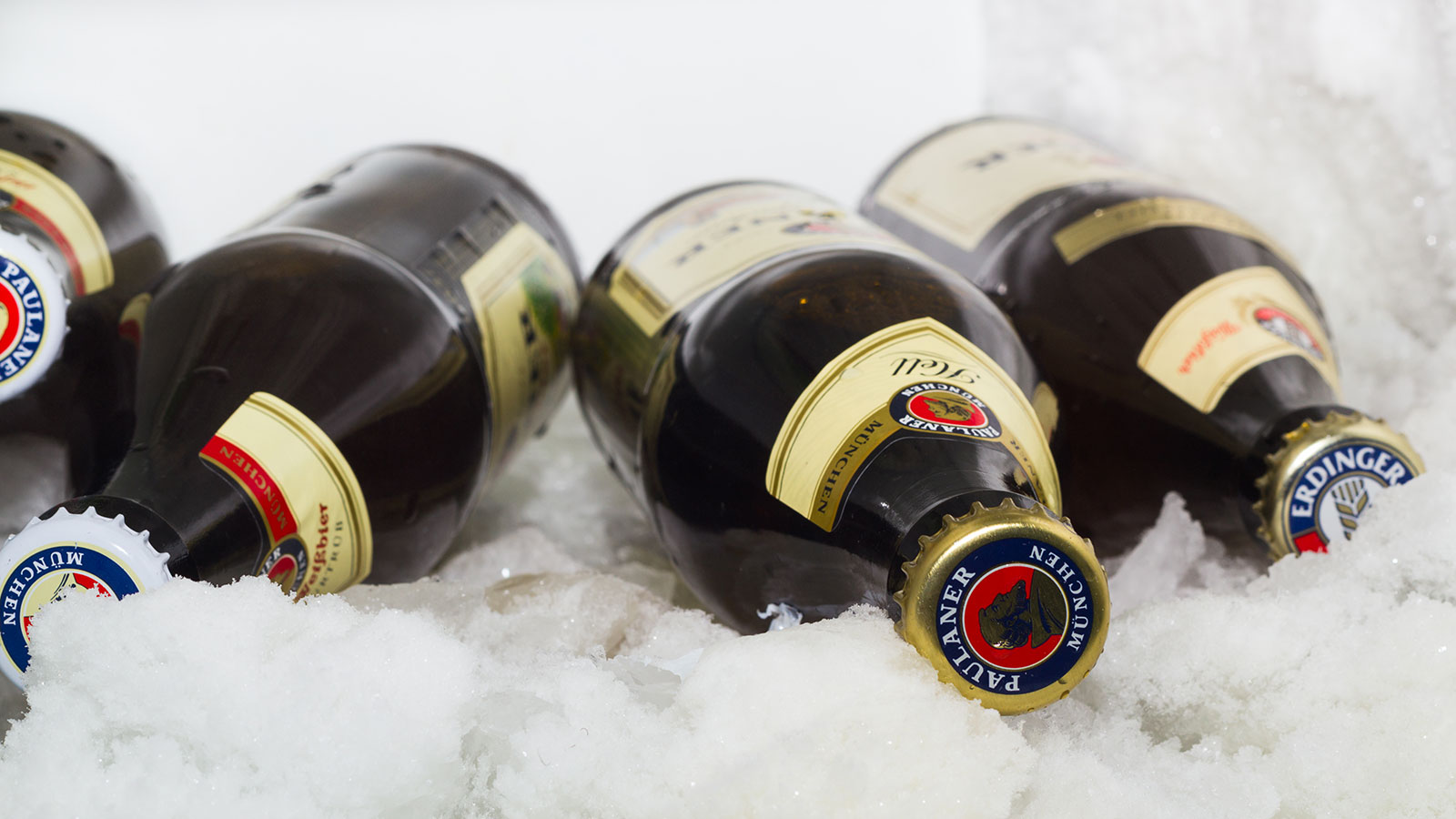
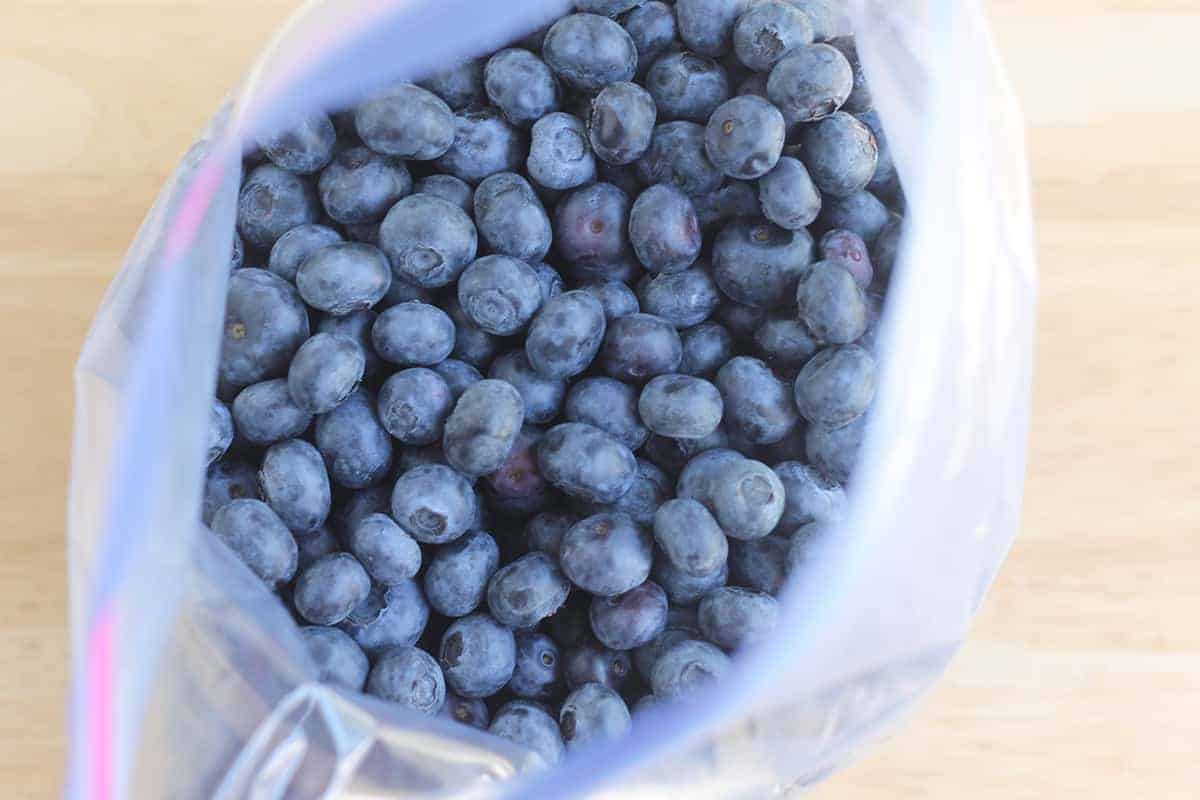

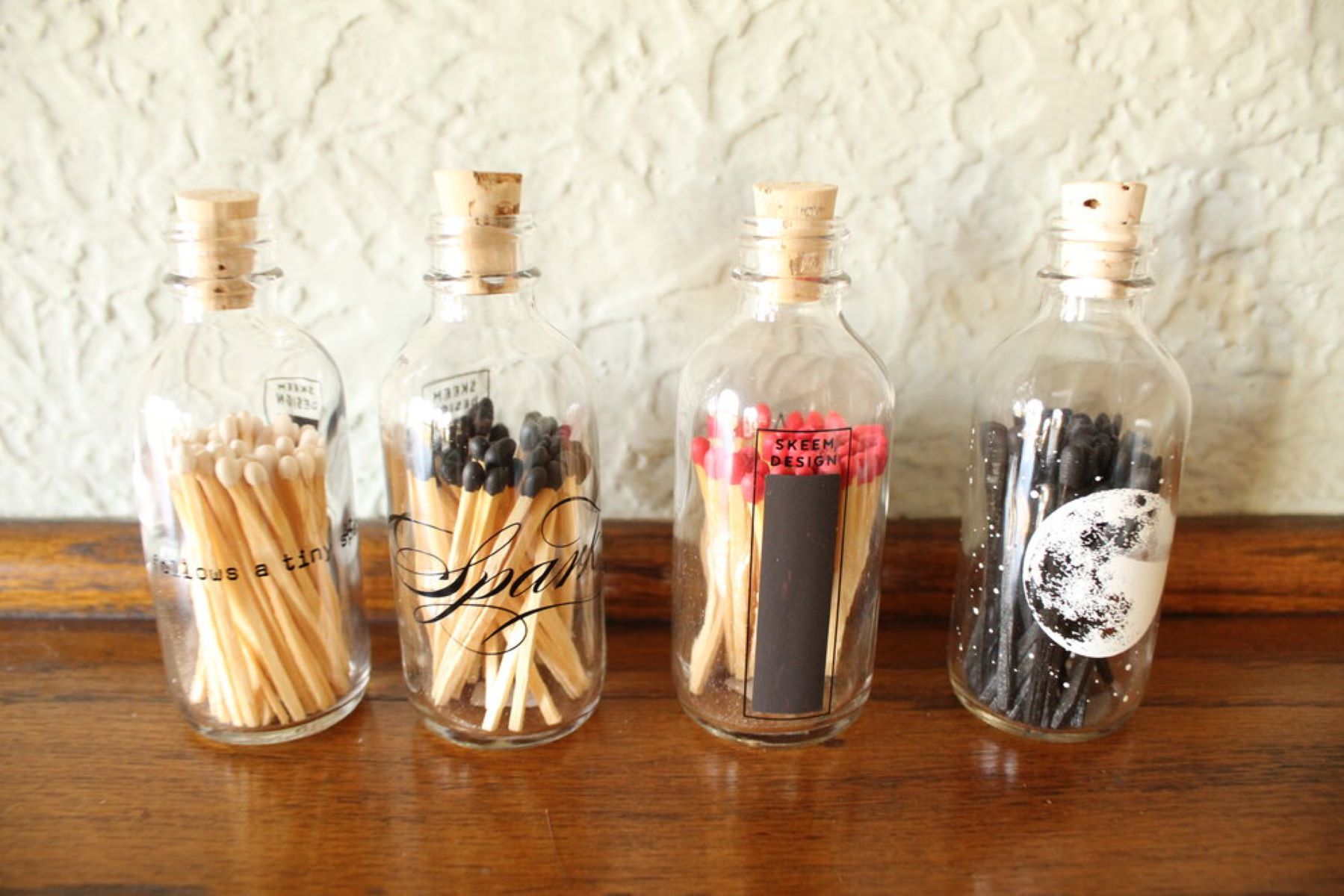
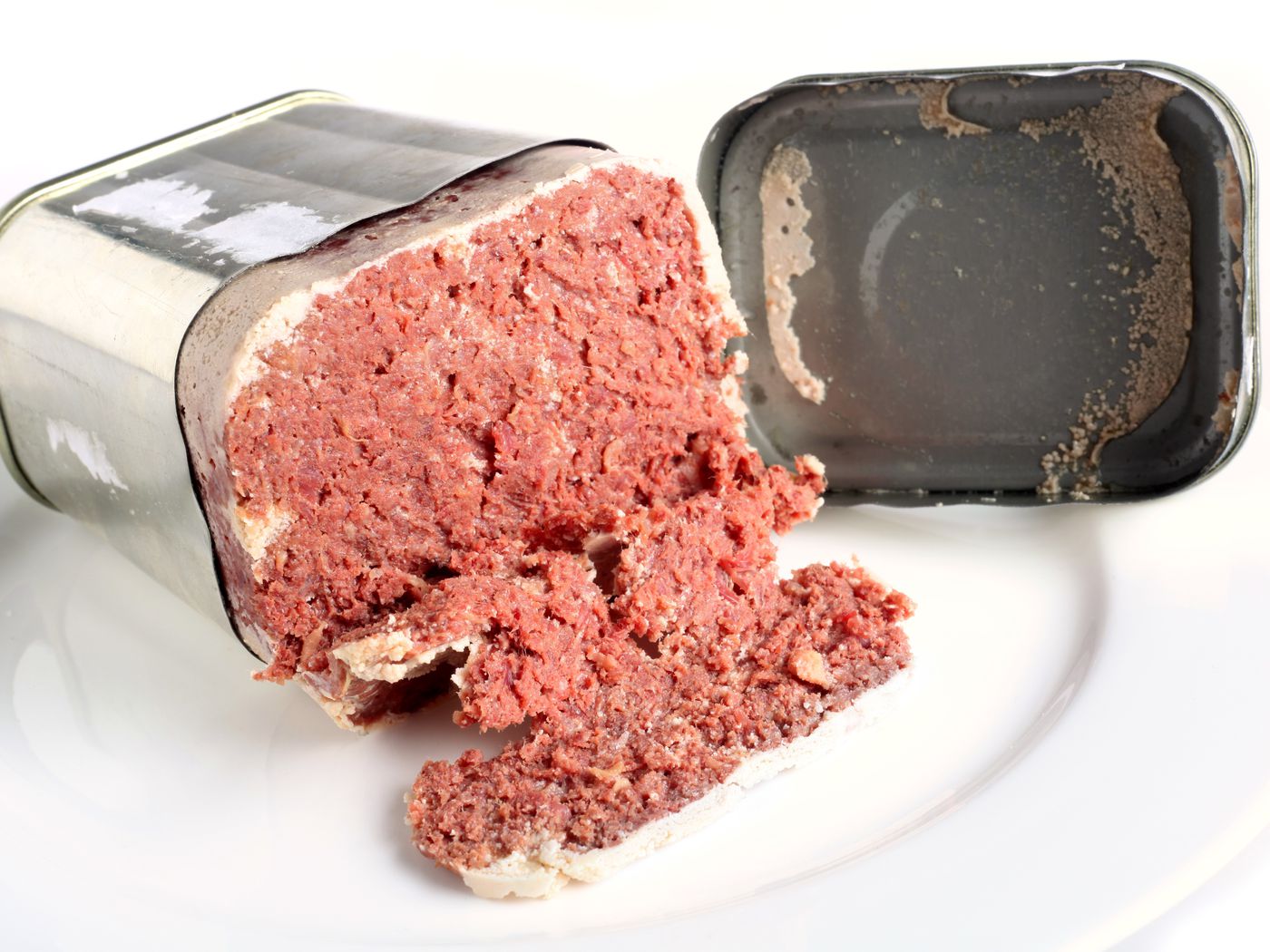

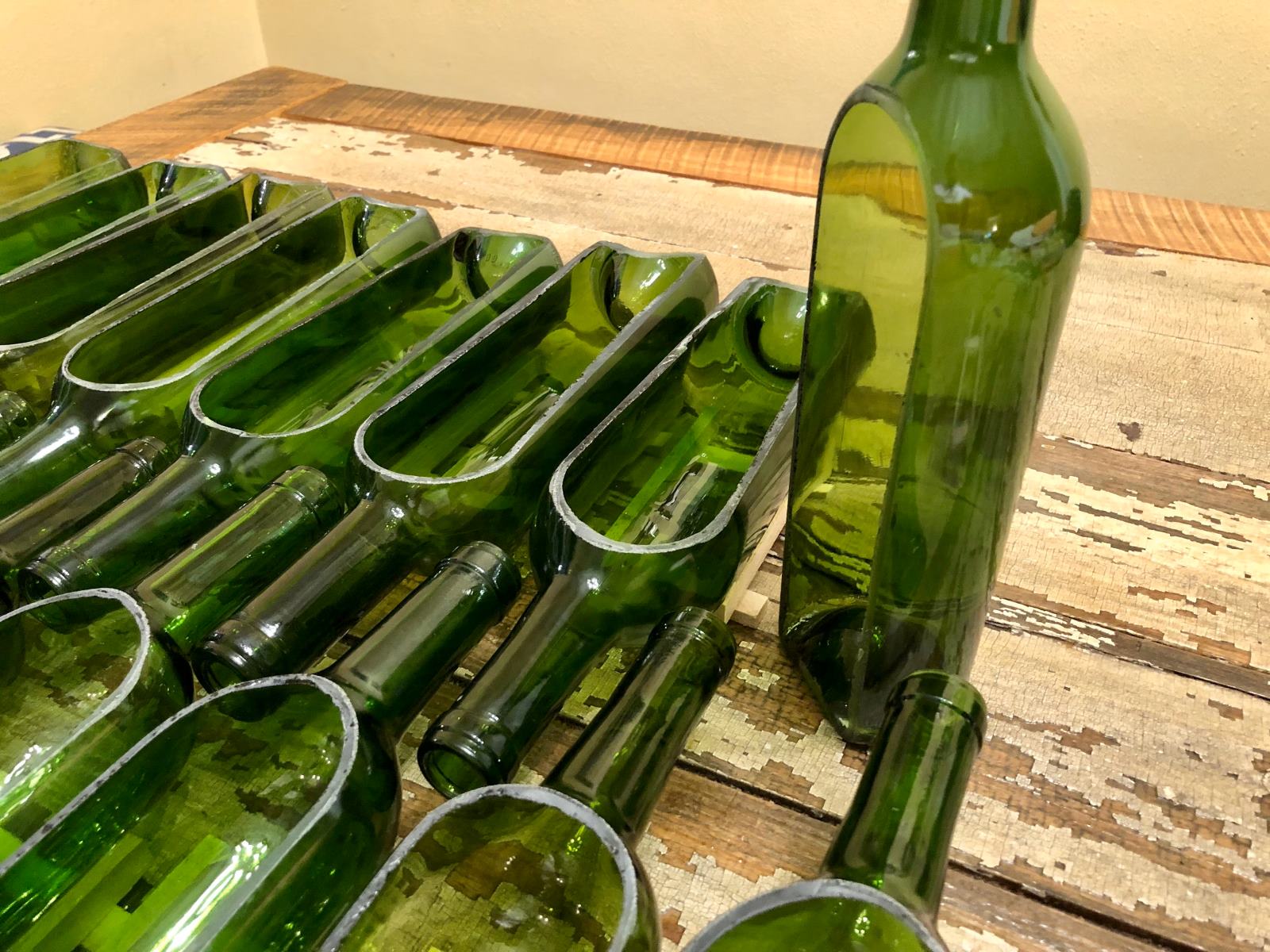
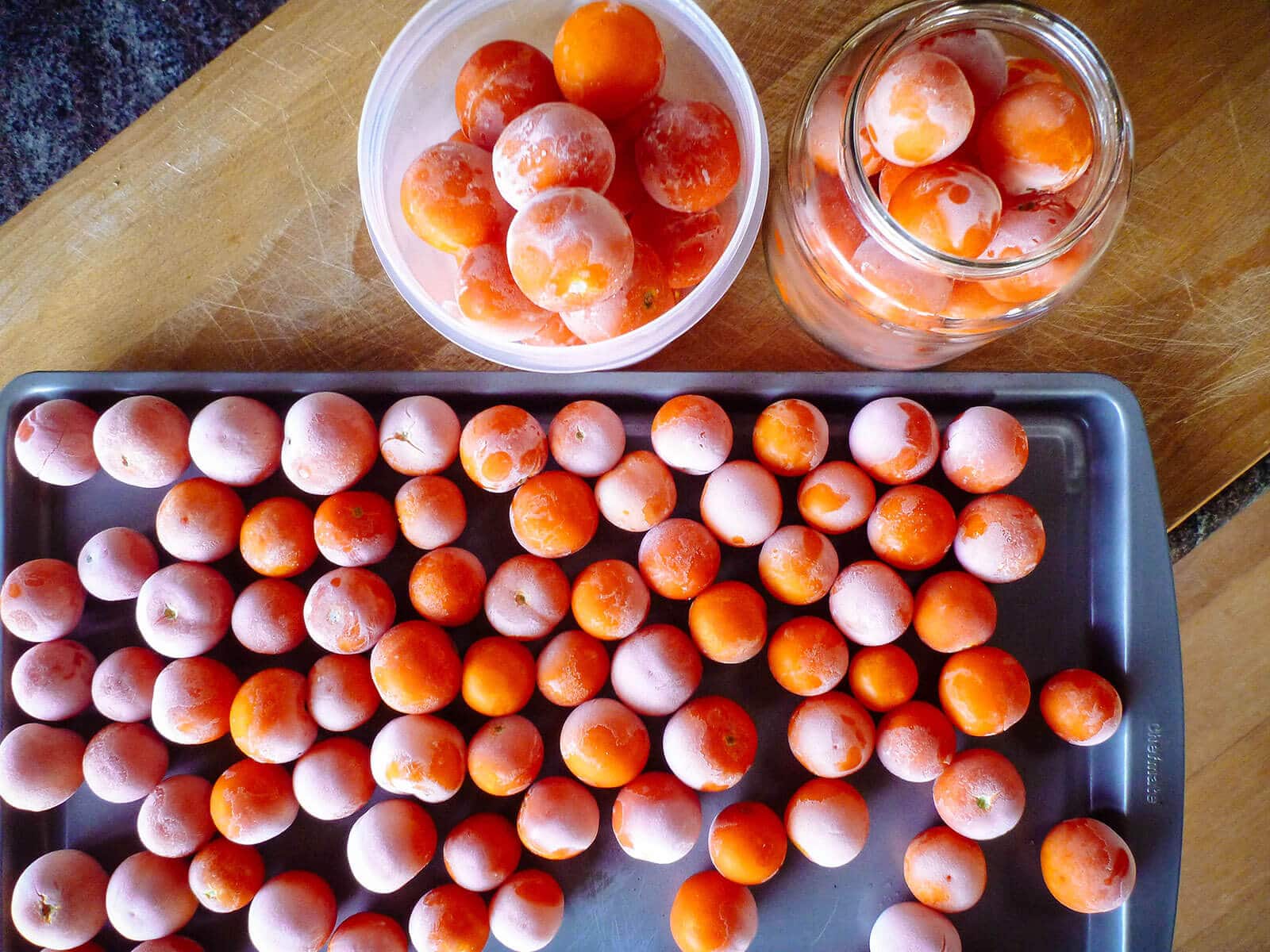
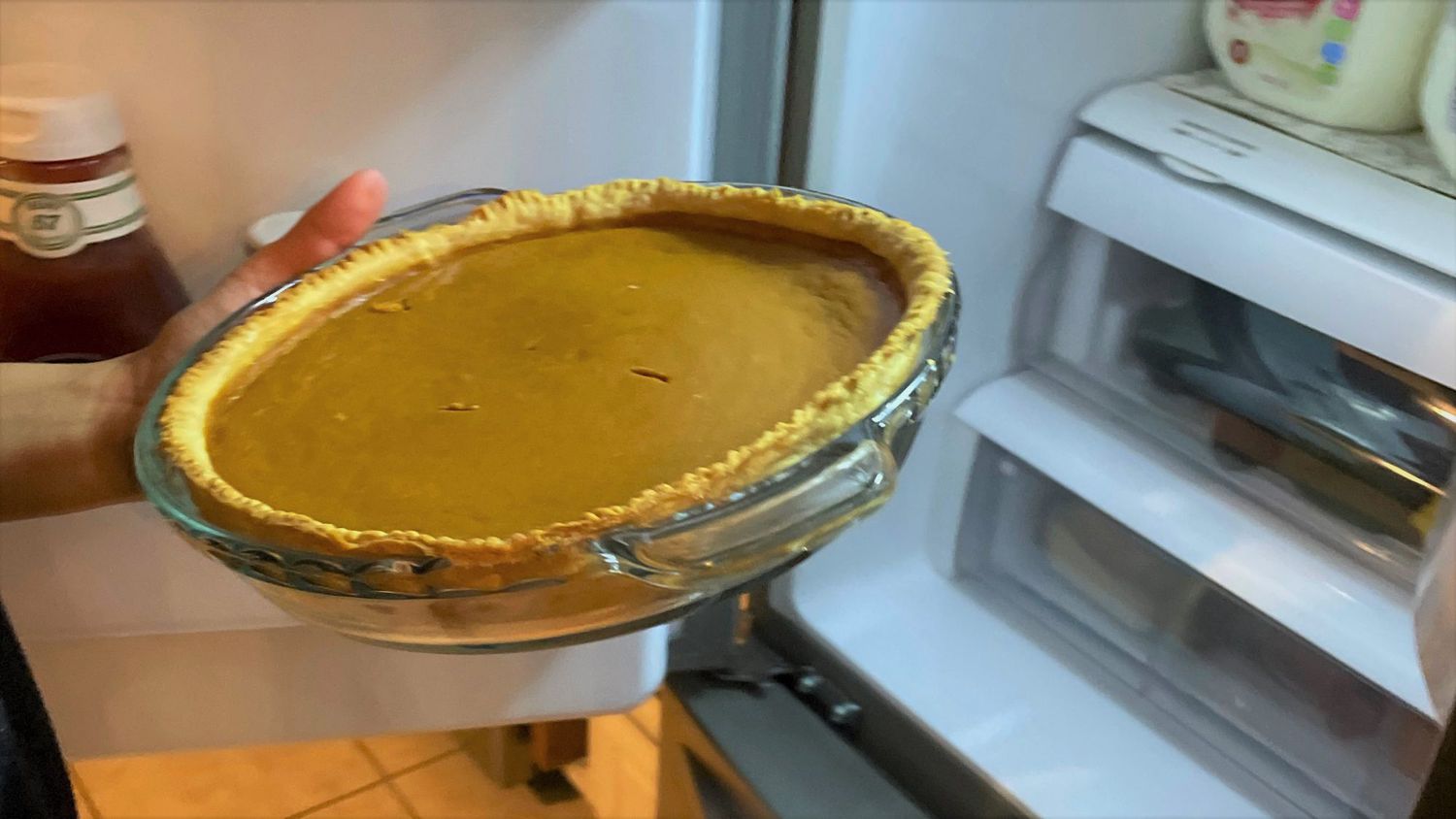
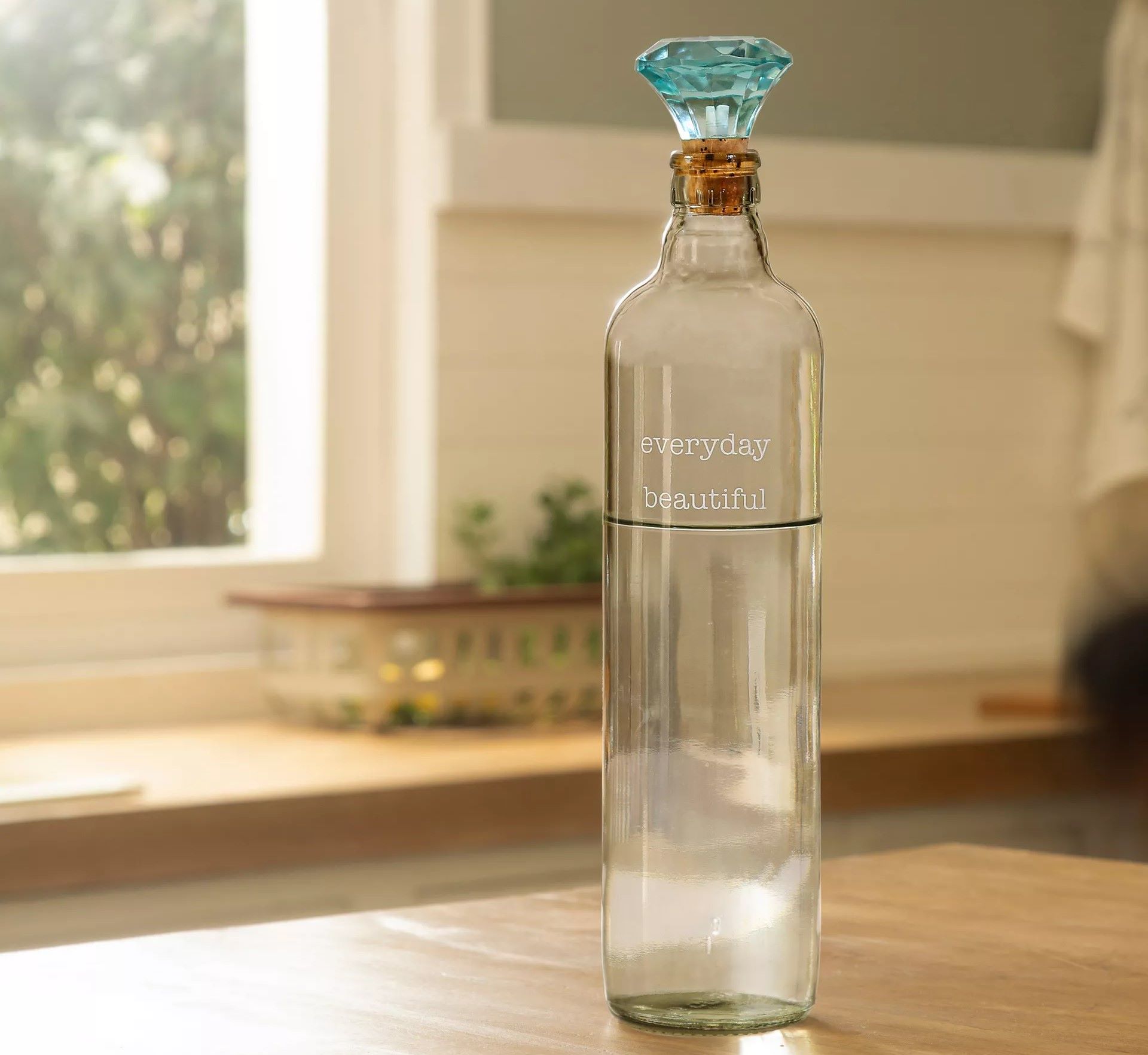
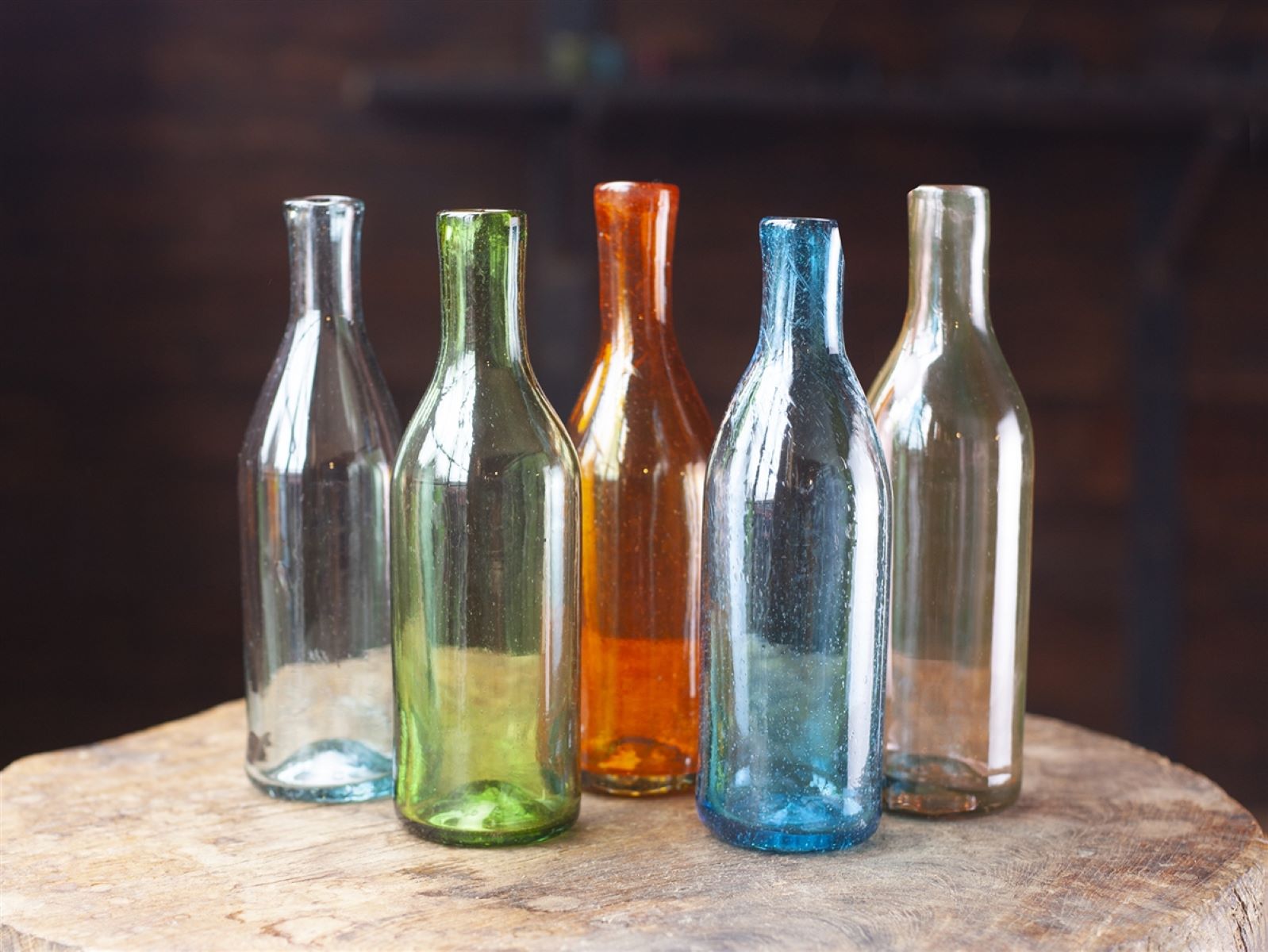
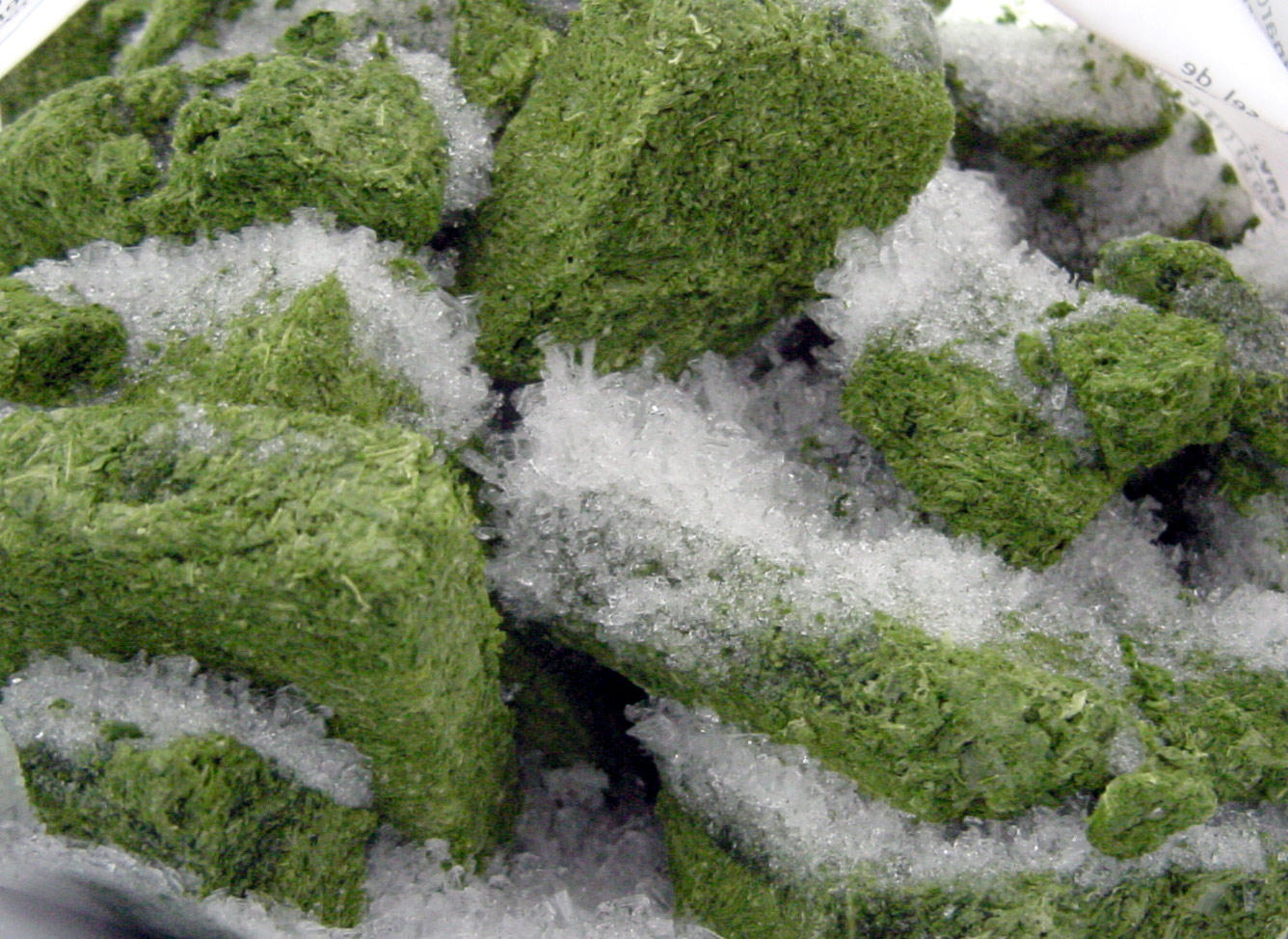



0 thoughts on “How Long Can You Put A Glass Bottle In The Freezer”